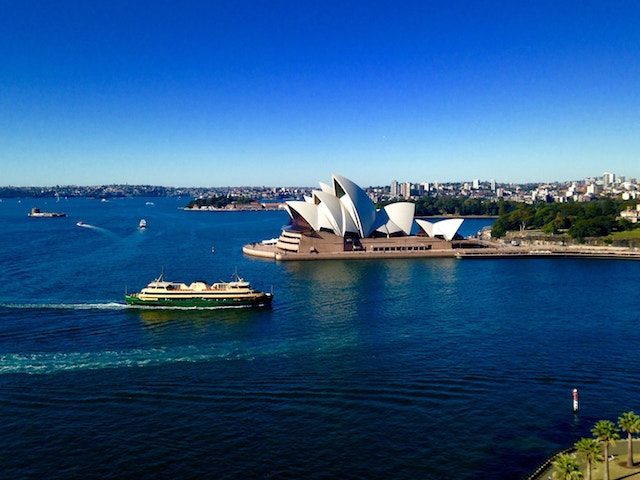Newcastle Transport
Newcastle has a reliable public transport system consisting of buses, trains, light rail tram and a ferry, while the University also runs a free shuttle from Callaghan to the City Campus. The best way to get transport information and plan your trip is with the Transport NSW website and the Opal Travel App, which you can download for free on both Apple and Android phones.
Remember that if you ever get lost or confused, it’s perfectly fine to ask the bus driver or a local how to get somewhere – Novacastrians are friendly people!
Opal Card
To use the public transport you’ll want to get yourself an Opal Card. You can buy an Opal card in local Newsagents or online. Once you get an Opal card, you can register and top up your balance on the Opal website or App. Opal cards are used on buses, trains, ferries and light rail all across NSW. Don’t worry if you forget or have lost your card, single tickets are available on buses and trains, however an Opal card is a quicker and cheaper option.
There is a minimum Top Up of $10 at both retail stores and online. Be aware that online Top Ups may take upwards of 1 hour to process, whilst registered newsagents or stores (marked with the opal logo outside) provide instant Top Up services.
You must tap your card on the card reader when you get both ON and OFF public transport. If you forget to tap off, you will be automatically charged $10 instead of your actual travel fee. Please remember that you will have to pay full adult fare, not concession, for your Opal and single ticket purchases. Fines apply, and nobody likes fines.
Light Rail
The light rail tram system will take students from the Newcastle Interchange to the City Campus. You can also hop on the light rail from the city campus and you’re just 5 minutes from the final stop across from Newcastle Beach.
Trains
The train is an easy option to commute between the Callaghan Campus and Newcastle, as well as the rest of the Hunter region. Most of you will spend a few weekends in Sydney over your time here, and the train is the most convenient option to get to and from the Sydney region. This trip will take 2.5hrs – 3hrs and will cost around $6 each way; except on Sunday when all trips to anywhere in NSW on public transport is just $2.50! Perfect for a day trip!
Buses
The best option to get around to different parts of Newcastle, particularly if you don’t have a bike or a friend with a car, is the buses. Potentially confusing at first, as long as you have your Trip Planner and Opal card, you can explore wherever you want! In around Newcastle harbour there is also a free bus zone, so get to know it and save some money.
Taxis and Rideshare
If you need of a lift, perhaps after a late night out, I highly suggest using Uber instead of a Taxi. Taxis are very expensive, even in the Newcastle area, but be particularly wary if you are travelling in Sydney. If you do get stuck and need a Taxi, you can ask the venue you are at to call one for you, or call 132227 (13CABS). Other rideshare apps are available in the bigger cities, but Uber is the most popular.
Popular Routes
The first thing you need to know about the University of Newcastle is that there are two separate campuses in Newcastle – the Callaghan Campus and the Newcastle City campus. Student accommodation is on the Callaghan Campus, home to most of the courses offered at UoN. The City campus holds the majority of classes for the Business & Legal Schools. Make sure you check what campus a class is at before enrolling.
UoN City Campus
From: University of Newcastle, Callaghan Campus
A free Shuttle Bus runs between the Callaghan and City Campuses every 30 minutes between 7:15am – 10:15pm, just remember to bring your student ID to use as a ticket.
Between Classes and around Callaghan Campus
A free shuttle bus operates on the Callaghan campus Monday to Friday from 8am to 12 midnight. The Callaghan campus is quite large, so use the shuttle to cut down your walk on a hot day!
More information about the shuttle, including the bus locator app, can be found online.







